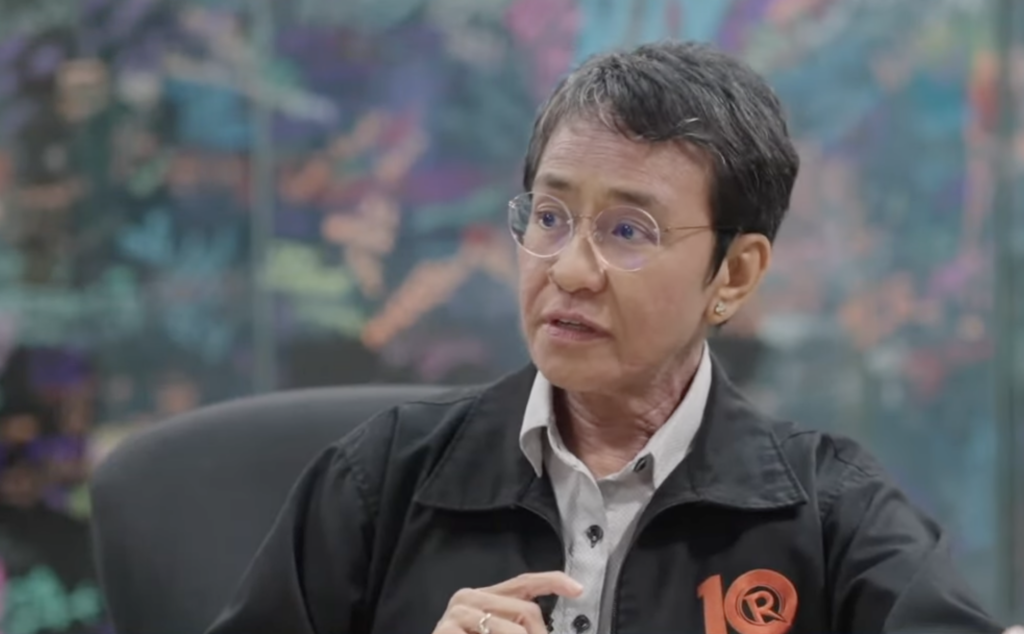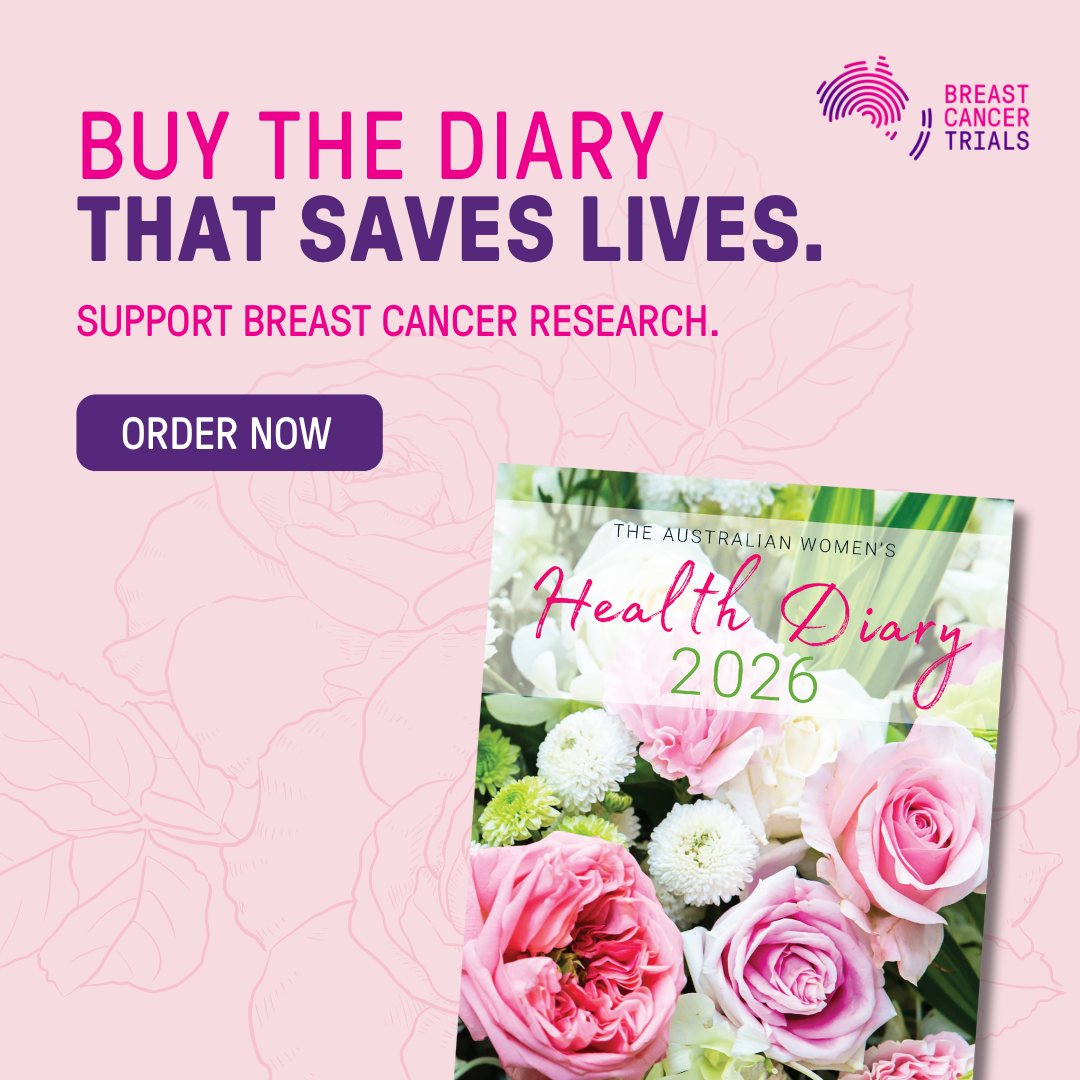Maria Ressa has stood up to dictators. She’s launched a media empire. She’s been arrested multiple times while pursuing her journalism and she’s won a 2021 Nobel Peace Prize.
She’s also seen firsthand the impact of Facebook on politics in her country, The Philippines.
And so she would always have strong words for Meta CEO Mark Zuckerberg, following his announcement this week that Meta would be ending its fact-checking program, starting in the US.
Especially for Zuckerberg’s use of the word “censorship” as he declared the recent US election had felt like a “cultural tipping point, towards once against prioritizing speech”.
“I would replace that [censorship] with the safety,” she said during a Rappler Talk interview. “We now have a platform for more than 3.2 billion people around the planet that has just decided that profit’s more important than safety.”
Ressa is the founder and CEO of Rappler, a prominent news publication in The Philippines. In a statement following the Meta announcement, Rappler defended the fact-checking and verification process that responsible journalists and newsrooms go through when they publish stories to protect their audiences.
“Allowing manipulative and harmful content to flourish and gain eyeballs in platforms under the guise of “free speech” is opportunistic and puts people’s health, well-being, and safety at risk,” the statement said.
The statement also described what has happened in the US as just the beginning and as an “ominous sign of more perilous times” in the fight to preserve and protect our shared reality.
Ressa told AFP that Meta’s push to remove restrictions on some topics, including gender, will spark “extremely dangerous times” and lead to a “world without facts”.
She defended journalists against Zuckerberg’s attack that fact-checkers had been “politically biased” noting that journalists follow a “set of standards and ethics.
“What Facebook is going to do is get rid of that and then allow lies, anger, fear and hate to infect every single person on the platform,” she said.
“To do it so blatantly and in the way that Mark Zuckerberg did in his statement, it was both shocking and made me sad.”
“It’s shocking to say I’m shocked because we’ve seen over and over again how profit wins over public good. And that really is the big problem with social media. There is no tech that has been released that is anchored in facts.”
“The man banned by Facebook when violence erupted on Jan 6 is now the pide piper of big tech CEOs,” she said.
“Lies spread six times faster because they found out that if you’re enraged, your fear and hate, you stay on the platform longer. You keep scrolling in rage.”
Less than two weeks into the New Year, Ressa said, “This is a pivotal year for journalists’ survival” and that she will be part of those working to do everything possible to make sure that happens.”
Ressa also shared her personal experiences with online hate.
“Having been attacked by 90 hate messages per hour, I’m also angry because not only did Facebook not take responsibility for what it’s done, it also took that very minimal layer of safety and trashed it.”
“My question is, what responsibility does a platform like Meta have when misinformation leads to real harm and how to we make them accountable?”
Ressa repeated her comment that, “online violence is real world violence”.
Rappler is and currently remains a fact-checking partner of Facebook, and she said her comments are separate from the operations at Rappler.



